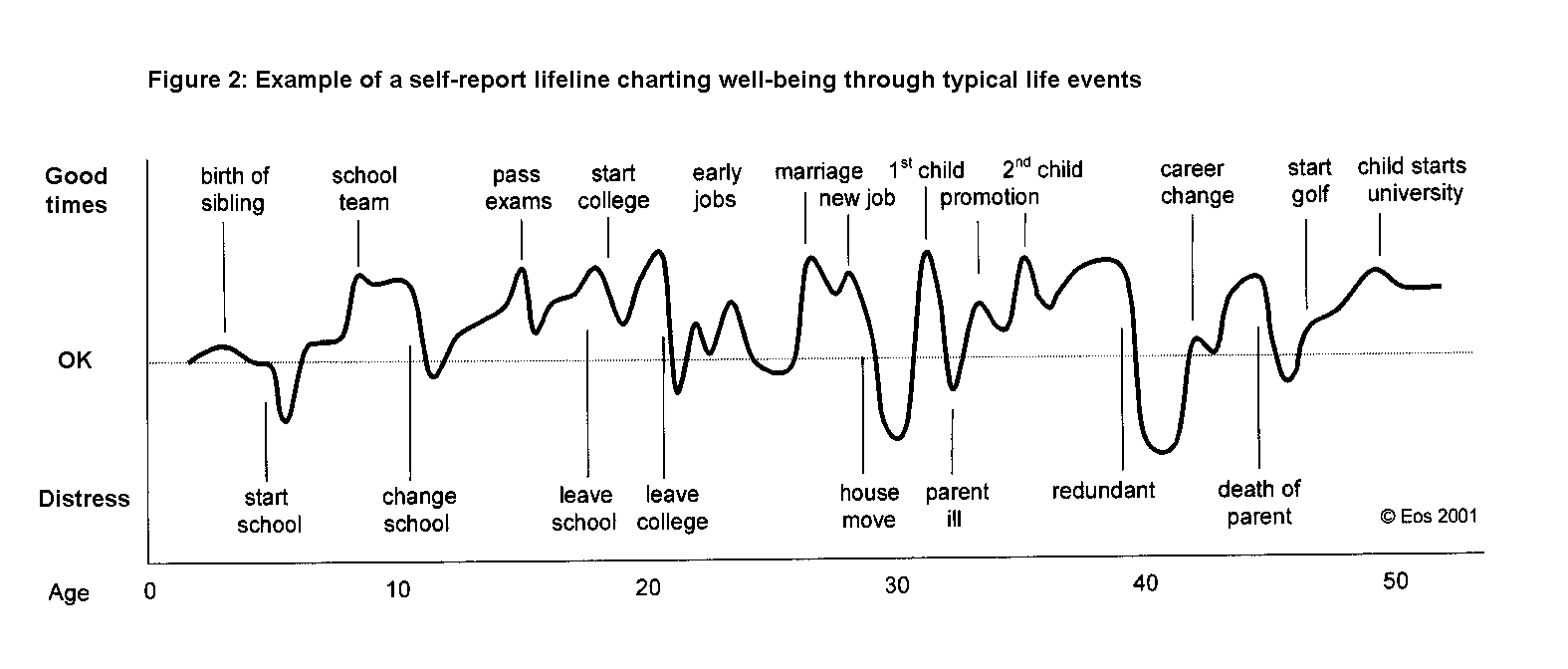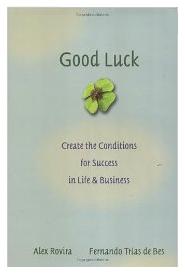Yesterday was a truly inspiring day for me.
In the morning, I was the emcee for a bursary award event. The bursary award event is a community event that I have been volunteering with for some years, and it is something I enjoy doing. The event was held at the Google Singapore office where the Google team presented and shared their vision, their culture, and also some of the technology which they have developed that helps shape the world into a better place.
In the evening, I attended a dinner with fellow community leaders, many of whom I have known for close to a decade. I enjoyed the camaraderie, fellowship, and catch-up over a wonderful dinner.
But what truly inspired me where the stories shared, which to me hold powerful learning lessons that I think can help many who are seeking a career transition.
Here are 4 key takeaways I believe can be adapted to those who are going through career transitions.
Like all journeys, there will be moments where your ride will be smooth, and those where your rides will be bumpy. When you come to a crossroads in your career, don't fret. Its probably a good time to take a step back, reflect, and consider where you are today, and where you wish to be tomorrow.
I am a big believer of Experiential Learning, and to me, every day on the job is an experience that provides powerful learning moments.
One exercise I practice yearly is to plot my career "heartbeat" as a way to reflect what I have learned, and how far I have come in my career journey. Below is an example you can follow to build your career "heartbeat".
This brings me to my next point, that innovation in your career can happen anywhere and at any time.
During the bursary event at Google Singapore, I heard how individuals with no experience in technology, with degrees from completely different fields, landed a job in Google, and grew into their roles and thrived. Its very encouraging to hear of such transitions, which reinforces my believe, everyone can make a meaningful and successful career transition.
Through your career heartbeat, you will be able to identify high points and low points from the projects, tasks and work you have accomplished. Pick out those "magic moments" where an insight gives you a different perspective that you have brought to your team, your organisation and your career. These value-creating moments are the inflection points that will reveal insights how your career is transitioning and innovating.
In the role that I am in, I am involved in combining data from different sources. I learned about databases, the nature of data constructs and its impact on data analysis. Through the projects that I am assigned, I have learned that I have an innate ability to coordinate many moving parts and join the dots into a coherent whole that helps my management in their decision making efforts. I also learned that I have a strong instinct in crisis management. All these gave me insights into how I could innovate in my career, benefit my team more, and bring value to the organisation I serve.
A friend once told me...
In Google Singapore, they shared their philosophy of "Think 10x" where incremental improvements can bring about "big side effects". You can
I believe this to be true and important when we think about our careers.
Never settle for average. Always see how your contributions can bring scalable benefits to your employers. In doing so, you bring profound value to your employers and in variably, become a valued member of the team and organisation.
In Google Singapore, they shared how they are constantly innovating and coming up with technology solutions that are focused on the user, solving fundamental problems users experience that bring big positive side effects.
Singapore, because of its small size, is very well placed to leverage on technology to drive not just productivity gains, but innovation and creativity. We are perhaps at the cusp of a tectonic shift in the use of technology to solve not only business problems but also social challenges.
This brings many opportunities for those in mid-career transitions. There are many avenues one can learn about technology. For example, attending technology conferences, reading about technology, or even taking a course on coding or robotics (if you are a Singaporean, here is where SkillsFuture can come in handy).
Final Thoughts
I will end with this quote that was shared yesterday to employers and those in career transition. Its from J.R.R. Tolkien's Lord of the Rings:
Taking one little step at a time,
Aslam Sardar
In the morning, I was the emcee for a bursary award event. The bursary award event is a community event that I have been volunteering with for some years, and it is something I enjoy doing. The event was held at the Google Singapore office where the Google team presented and shared their vision, their culture, and also some of the technology which they have developed that helps shape the world into a better place.
In the evening, I attended a dinner with fellow community leaders, many of whom I have known for close to a decade. I enjoyed the camaraderie, fellowship, and catch-up over a wonderful dinner.
But what truly inspired me where the stories shared, which to me hold powerful learning lessons that I think can help many who are seeking a career transition.
Here are 4 key takeaways I believe can be adapted to those who are going through career transitions.
1. Chart Your Career Heartbeat
Like all journeys, there will be moments where your ride will be smooth, and those where your rides will be bumpy. When you come to a crossroads in your career, don't fret. Its probably a good time to take a step back, reflect, and consider where you are today, and where you wish to be tomorrow.
I am a big believer of Experiential Learning, and to me, every day on the job is an experience that provides powerful learning moments.
One exercise I practice yearly is to plot my career "heartbeat" as a way to reflect what I have learned, and how far I have come in my career journey. Below is an example you can follow to build your career "heartbeat".
2. Career Innovation Can Happen Anywhere and Anytime
This brings me to my next point, that innovation in your career can happen anywhere and at any time.
During the bursary event at Google Singapore, I heard how individuals with no experience in technology, with degrees from completely different fields, landed a job in Google, and grew into their roles and thrived. Its very encouraging to hear of such transitions, which reinforces my believe, everyone can make a meaningful and successful career transition.
Through your career heartbeat, you will be able to identify high points and low points from the projects, tasks and work you have accomplished. Pick out those "magic moments" where an insight gives you a different perspective that you have brought to your team, your organisation and your career. These value-creating moments are the inflection points that will reveal insights how your career is transitioning and innovating.
In the role that I am in, I am involved in combining data from different sources. I learned about databases, the nature of data constructs and its impact on data analysis. Through the projects that I am assigned, I have learned that I have an innate ability to coordinate many moving parts and join the dots into a coherent whole that helps my management in their decision making efforts. I also learned that I have a strong instinct in crisis management. All these gave me insights into how I could innovate in my career, benefit my team more, and bring value to the organisation I serve.
3. "Think 10x"
A friend once told me...
"Aim for Moon and when you fail, you fall among the Stars".
In Google Singapore, they shared their philosophy of "Think 10x" where incremental improvements can bring about "big side effects". You can
I believe this to be true and important when we think about our careers.
Never settle for average. Always see how your contributions can bring scalable benefits to your employers. In doing so, you bring profound value to your employers and in variably, become a valued member of the team and organisation.
4. Use Technology to Solve Problems
In Google Singapore, they shared how they are constantly innovating and coming up with technology solutions that are focused on the user, solving fundamental problems users experience that bring big positive side effects.
Singapore, because of its small size, is very well placed to leverage on technology to drive not just productivity gains, but innovation and creativity. We are perhaps at the cusp of a tectonic shift in the use of technology to solve not only business problems but also social challenges.
This brings many opportunities for those in mid-career transitions. There are many avenues one can learn about technology. For example, attending technology conferences, reading about technology, or even taking a course on coding or robotics (if you are a Singaporean, here is where SkillsFuture can come in handy).
Final Thoughts
I will end with this quote that was shared yesterday to employers and those in career transition. Its from J.R.R. Tolkien's Lord of the Rings:
“All that is gold does not glitter,
Not all those who wander are lost;
The old that is strong does not wither,
Deep roots are not reached by the frost.
From the ashes a fire shall be woken,
A light from the shadows shall spring;
Renewed shall be blade that was broken,
The crownless again shall be king.”
Never discount yourself or anyone.
SHARE THIS POST with someone you think can benefit from this post.
Taking one little step at a time,
Aslam Sardar




